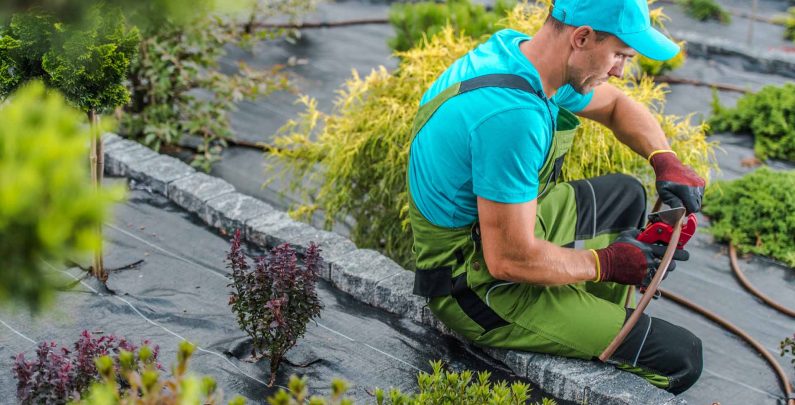
Things to Consider before Installing an Irrigation System
Maintaining a vibrant, healthy lawn and yard takes preparation, care, and attention to detail. Having an irrigation system will help ensure your yard is watered effectively, without taking up much of your time. Setting your irrigation system schedule to water your yard in the early morning, not only ensures that your lawn and landscaping is able to absorb the water before it evaporates in the hot summer sun but you eliminate possible overwatering and underwatering situations.
Here are 4 factors to consider before installing an irrigation system at your home:
1. Installation
There are plenty of DIY inground sprinkler kits available for purchase at your local hardware store. Even though these kits come with everything needed for a decent irrigation system, they leave you exposed to potential water damage from faulty installation and to ineffective watering if the system is not setup properly. A professional irrigation installation company will have the experience, the knowhow, and the tools to design and install your system with the least amount of disruption to you and your yard.
2. Setup
The size of your yard will dictate the amount of sprinkler heads and zones needed to efficiently water your yard. Each sprinkler needs to be adjusted individually to ensure your entire yard is watered evenly and that you are not wasting water on hardscapes such as sidewalks and driveways. Ensuring that the water doesn’t pool around your home is also very important if you do not have a proper basement waterproofing system in play, this excess water can easily end up in your basement causing serious water damage. Having a proper schedule for when your system runs and for how long is just as important as which direction the sprinklers spray. Certain areas of your yard that are exposed to full sunlight all day will require more watering than those that are in shaded areas of your yard most of the day, and you are able to schedule to accommodate those needs.
3. Rain Sensors
In some municipalities, rain sensors are mandated for all inground sprinkler systems, even if your area doesn’t require rain sensors it is still a good idea to have one installed. These sensors will automatically turn your system off if they detect that there has been significant rainfall. These sensors will not only prevent over watering of your yard, they will help limit your water consumption and save you money on your hydro bills.
4. Maintenance
An inground sprinkler system will alleviate the burden of manually watering your lawn and free up your time associated with it as well. But, it is not a set it and forget it system, regular inspection of your system is required to ensure your sprinklers are still aimed properly, and to look for any damaged heads or lines. Your system will also need to be winterized in the fall each year, to prevent the lines from freezing and cracking in the winter. This entails clearing the lines of any resting water before the temperature dips below freezing.
